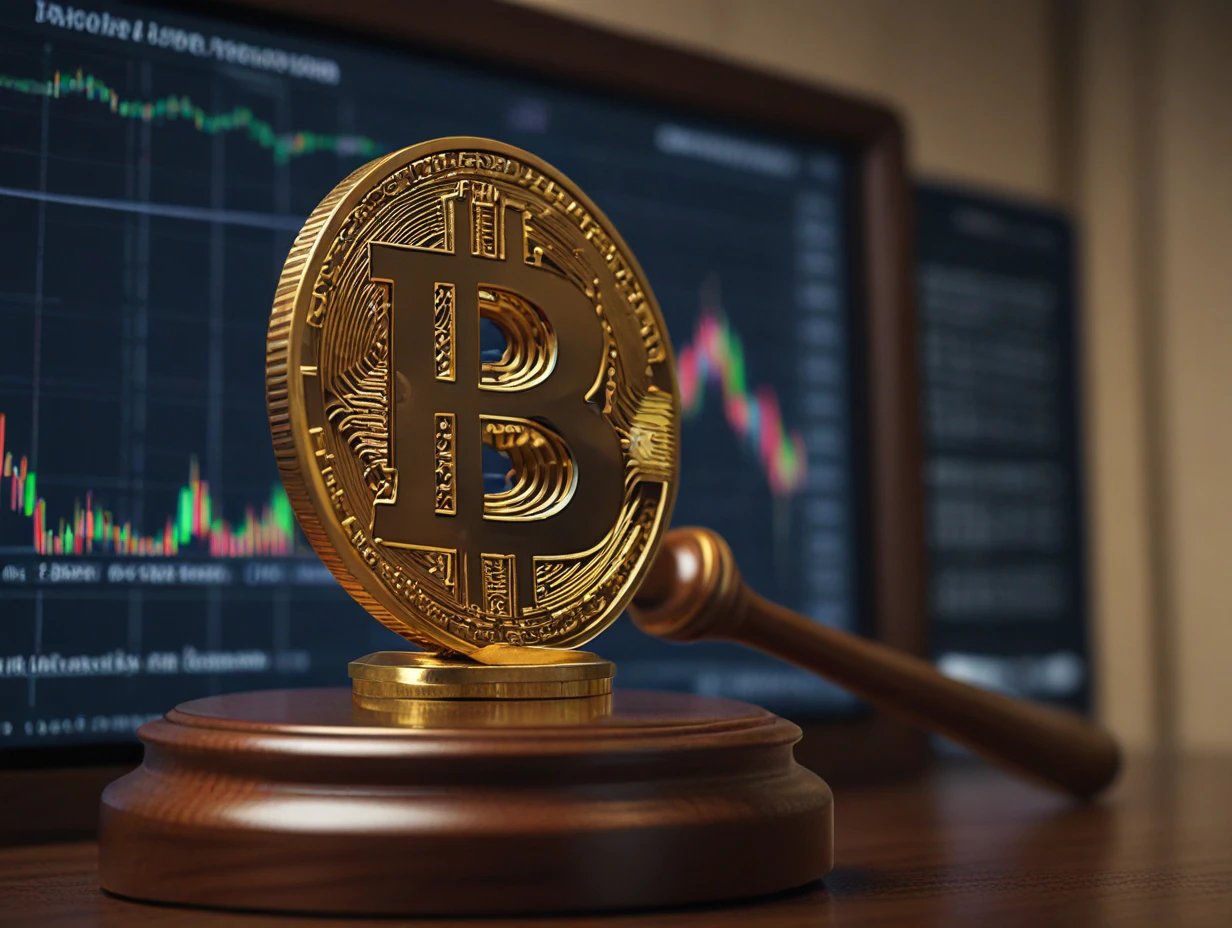in brief
- Global legal scrutiny of cryptocurrency exchanges escalates.
- Transparency in exchange operations is imperative for maintaining market integrity.
- Regulatory clarity plays a pivotal role in fostering the growth of the cryptocurrency industry.
The recent ruling by a United States federal judge ordering BitMEX co-founder Ben Delo to face a class-action lawsuit represents a significant development in the ongoing legal scrutiny surrounding cryptocurrency exchanges. BitMEX, a prominent player in the crypto trading landscape, has come under intense scrutiny for alleged manipulative practices that have raised concerns about market integrity and investor protection. The lawsuit alleges that BitMEX utilized a scheme that enabled the manipulation of prices on the exchange, with Ben Delo purportedly playing a pivotal role in orchestrating such manipulative activities.
This ruling underscores the growing regulatory scrutiny and enforcement actions targeting cryptocurrency exchanges worldwide. Regulators and law enforcement agencies are increasingly focusing their efforts on combating illicit activities and ensuring compliance with regulatory standards within the crypto industry. The case against BitMEX and its co-founder serves as a stark reminder of the potential risks and challenges associated with operating in an environment characterized by evolving regulatory frameworks and heightened legal oversight.
The founder of Bitmex is confronted with a lawsuit regarding allegations of market manipulation.
District Judge Andrew Carter of the New York District Court issued the ruling concerning the lawsuit implicating BitMEX founder, Mr. Delo. As a British citizen, Mr. Delo has attempted to contest the lawsuit’s jurisdictional authority by arguing that U.S. courts lack jurisdiction over him for the aforementioned reasons.
In a decisive turn of events, Judge Carter refuted Mr. Delo’s argument regarding jurisdiction in an order signed on April 3 and subsequently published on April 8. The judge firmly asserted that Mr. Delo’s extensive engagement with the United States was sufficient to establish the court’s jurisdiction over him, effectively dismissing Mr. Delo’s jurisdictional challenge.
Judge Carter’s ruling underscored the pivotal role played by Mr. Delo in the alleged manipulative activities at BitMEX. This crucial aspect was accentuated when the judge referenced Mr. Delo’s involvement in the drafting of a “liquidation system,” purportedly engineered to enhance BitMEX’s profits during the manipulative maneuvers.
According to the allegations outlined in the lawsuit, this liquidation system bestowed BitMEX with a trading desk colloquially termed as possessing “God Access.” This privileged access purportedly enabled BitMEX to delve into customer accounts and glean information in a manner that plaintiffs contend was exploited to manipulate market prices to the exchange’s advantage.
The reference to Mr. Delo’s involvement in devising such a system underscores the gravity of his alleged role in the purported market manipulation scheme. By implicating Mr. Delo in the orchestration of a mechanism that allegedly provided BitMEX with unfair advantages and facilitated market manipulation, the lawsuit paints a damning portrait of his involvement in the operations and practices of the exchange.
The revelations brought forth in the lawsuit raise significant questions about the integrity and fairness of BitMEX’s operations under Mr. Delo’s leadership. The allegations of market manipulation, if proven true, could have far-reaching implications not only for BitMEX but also for the broader cryptocurrency industry. It underscores the pressing need for greater transparency, accountability, and regulatory oversight within the crypto exchange sector to safeguard investor interests and maintain market integrity.
As the legal proceedings unfold, all eyes will be on the outcome of the lawsuit and its potential ramifications for Mr. Delo, BitMEX, and the cryptocurrency industry as a whole. The case serves as a stark reminder of the regulatory and legal challenges facing cryptocurrency exchanges and the imperative of upholding ethical standards and regulatory compliance in the pursuit of market innovation and growth.
The lawsuit carries significant implications for cryptocurrency regulations.
The lawsuit goes on to accuse Mr. Delo of authorizing pivotal financial and trading decisions for BitMEX, a responsibility that notably includes overseeing the operation of the contentious trading desk. Moreover, the plaintiffs contend that Mr. Delo himself engaged in trading activities on the platform, purportedly benefiting from privileges inaccessible to ordinary users. These privileges allegedly enabled him to exploit systemic vulnerabilities and gain trading advantages not afforded to the average user.
As the legal proceedings against Mr. Delo progress, the ramifications of this lawsuit could extend far beyond the confines of the courtroom, particularly within the cryptocurrency industry. The manner in which exchanges are structured and operated may face heightened scrutiny and evaluation in the aftermath of this case. In an era marked by the increasing digitization of currency and its integration into the global financial framework, the ethical and moral considerations surrounding these platforms are coming under intensified scrutiny.
The BitMEX case serves as a potent reminder of the imperative for regulatory clarity within the cryptocurrency sphere. It underscores the pressing need for clear guidelines and standards governing the operation of digital asset exchanges to ensure transparency, fairness, and investor protection. Additionally, it shines a spotlight on the legal risks confronting founders and operators of such exchanges, signaling potential shifts in regulatory enforcement and oversight practices.
Ultimately, the outcome of this lawsuit may serve as a bellwether for the future trajectory of cryptocurrency regulation and enforcement. It could catalyze broader discussions and debates surrounding the appropriate regulatory framework for digital asset exchanges and the enforcement of laws governing cryptocurrency trading. As such, it holds profound implications not only for the parties involved but also for the broader cryptocurrency ecosystem and its stakeholders.
Further Reading: BitMex Founder; Arthur Hayes Predict Bitcoin Likely to hit $1 Million in the Future



